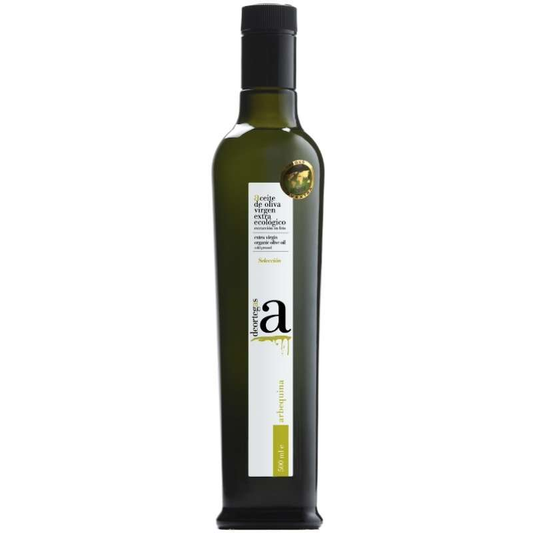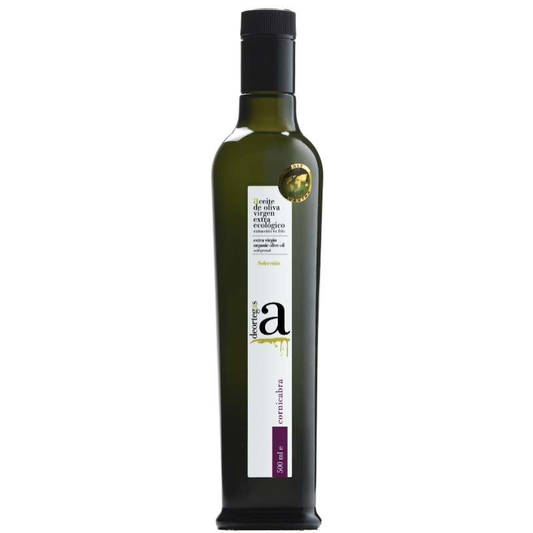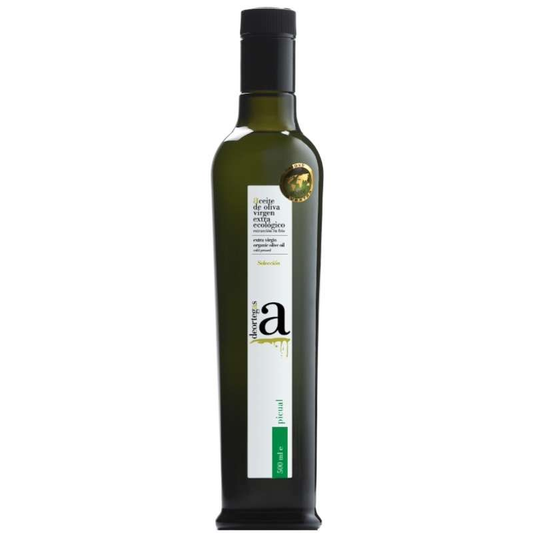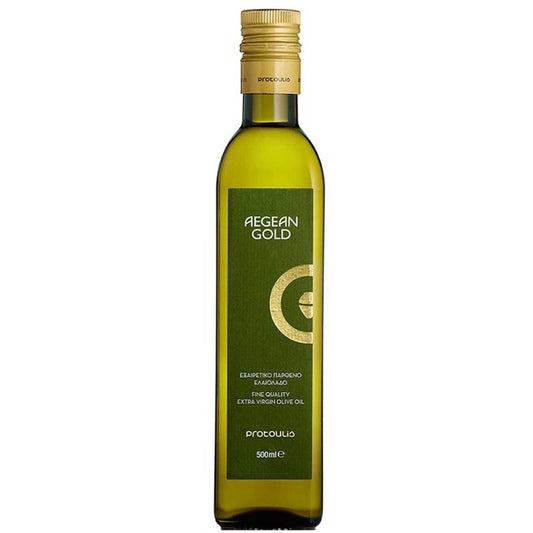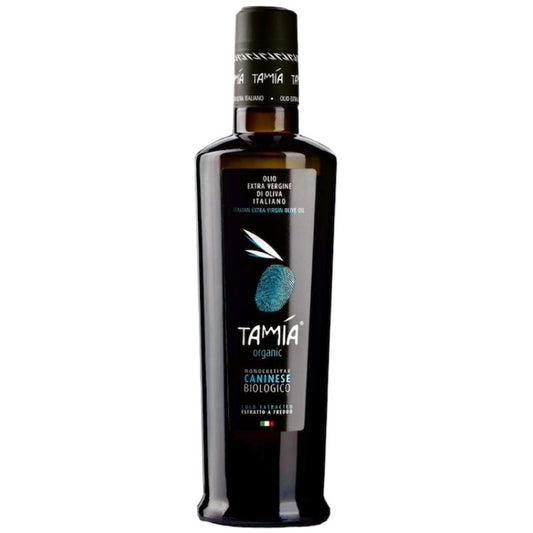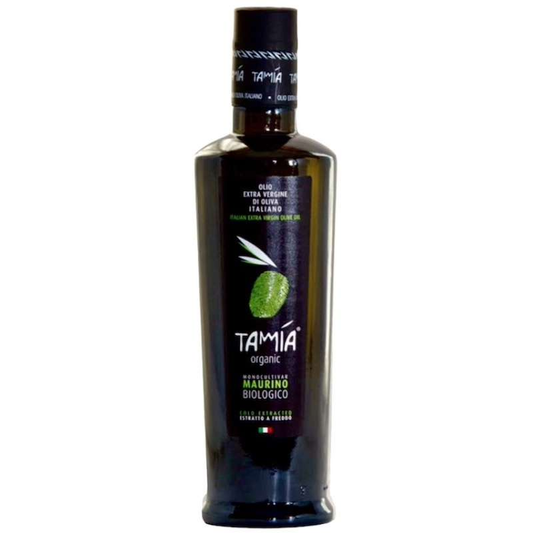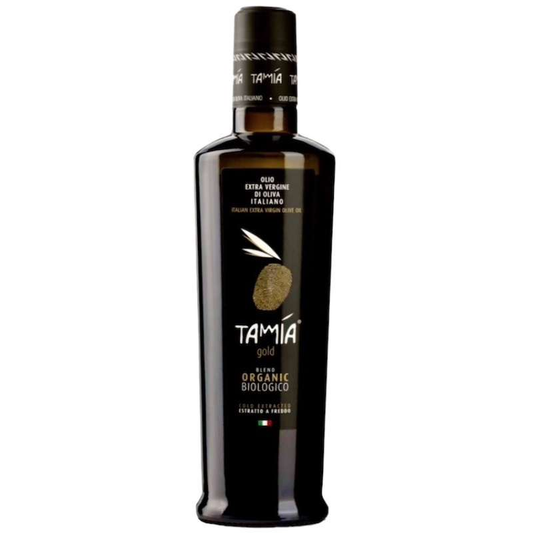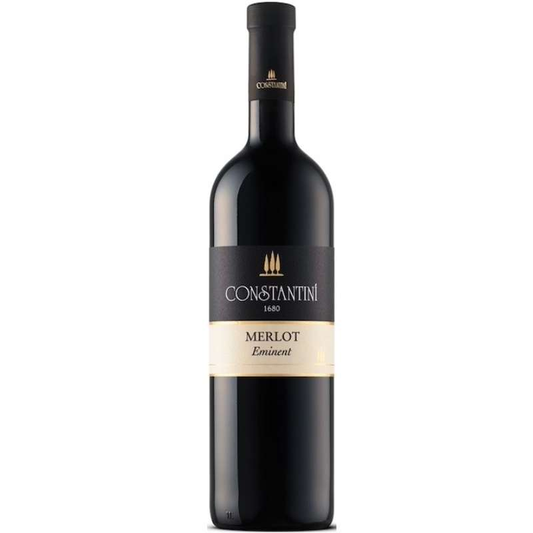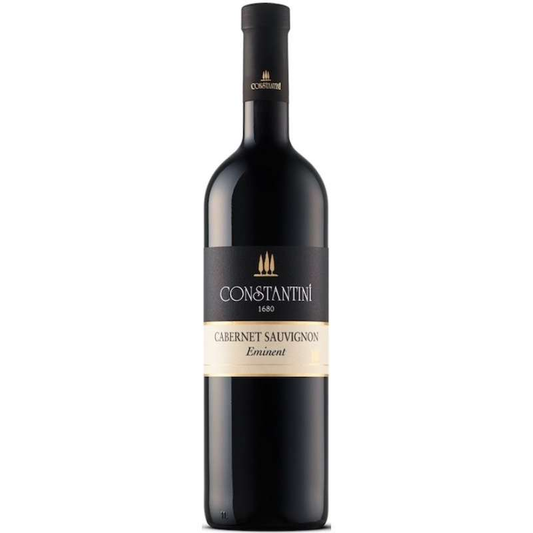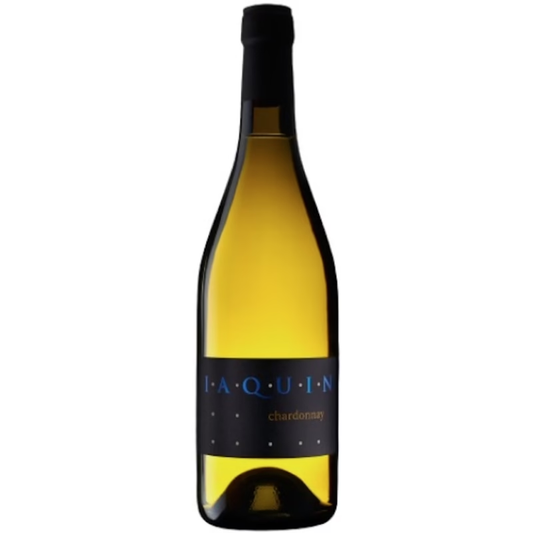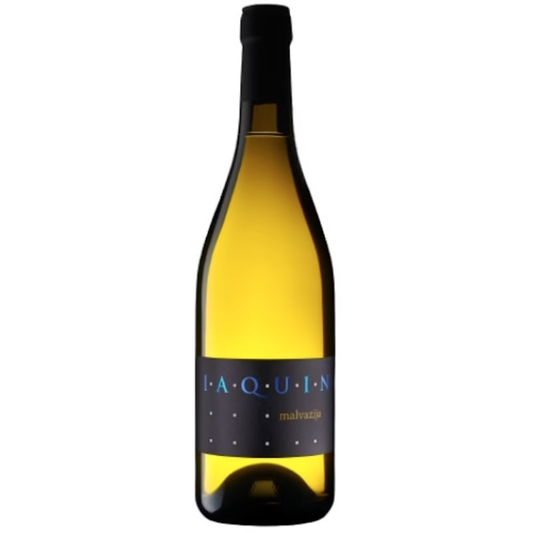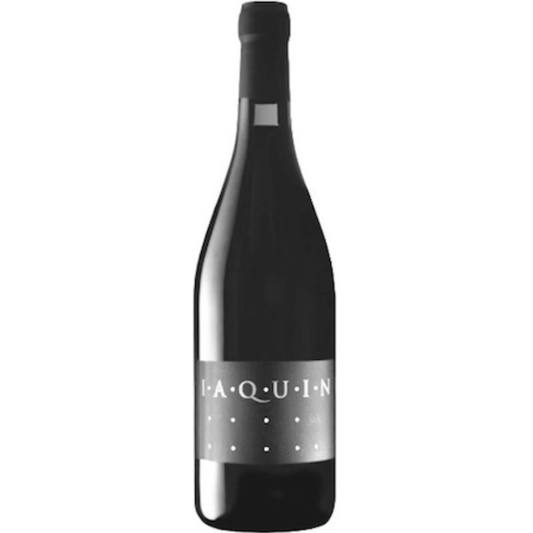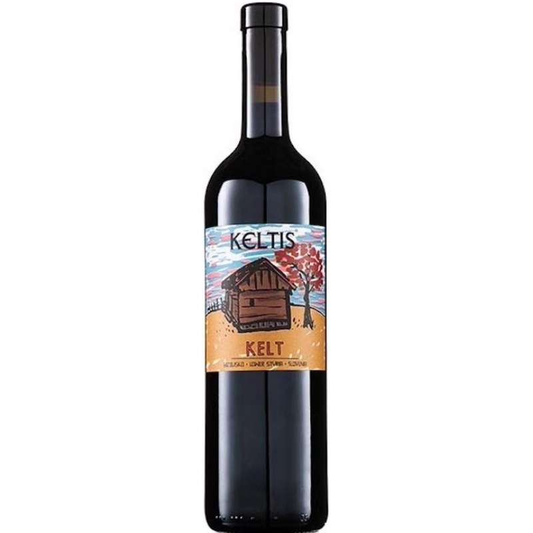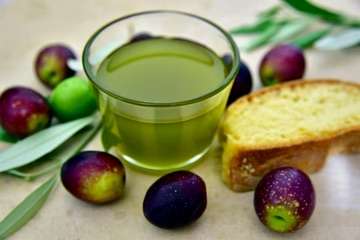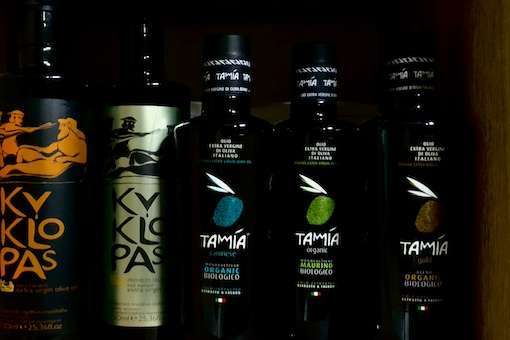Olive oil - golden, fragrant, and as old as a story told by the hearth—has been a trusted companion in kitchens for centuries. It’s celebrated not just for the way it makes food sing, but for the way it carries the spirit of the Mediterranean in every drop. A drizzle here, a splash there, and suddenly, a meal becomes more than sustenance; it becomes a small celebration of culture, history, and human ingenuity. And as more and more people awaken to its virtues, the need to truly understand this humble yet indispensable elixir grows alongside its popularity.
So let's take a stroll through the world of extra virgin olive oil, guided by the pages of literature. We’ll peek into books that reveal its history, its craftsmanship, its culinary charms, and the deep cultural roots that give it life. Whether you’re a budding chef, a health-minded soul, or simply a curious reader with a taste for stories, these works offer a treasure chest of knowledge, recipes, and tales that will deepen your admiration for this ancient liquid gold.
Come along, then, and join our literary journey. Let us uncover the secrets of olive oil, celebrate its many gifts, and discover anew how a simple fruit, pressed into oil, can enrich both our meals and our lives.
1. Extra Virginity: The Sublime and Scandalous World of Olive Oil by Tom Mueller

If you’ve ever drizzled a bit of olive oil over your bread and felt a moral superiority bloom in your chest, Tom Mueller’s Extra Virginity: The Sublime and Scandalous World of Olive Oil will snatch that halo right off your head — and shine it with counterfeit oil while he’s at it.
This book doesn’t merely discuss olive oil; it kicks over the barrel, sniffs the contents, and asks some uncomfortable questions about what’s really inside. Tom Mueller sets out to expose a truth slipperier than the product itself: much of what the world calls “extra virgin” wouldn’t pass muster in a Roman taverna two thousand years ago. He wanders through the hills of Italy covered by olive groves, and travels to laboratories where men in white coats try to outwit fraudsters armed with chemistry sets and marketing budgets. Along the way, he finds an industry tangled in its own roots — a grand old tree with noble branches and rotten fruit.
You see, “extra virgin” is supposed to mean the purest of the pure — oil pressed gently from the first fruit, unsullied by heat, chemicals, or deceit. But according to Mueller, many a bottle labeled thus has been mixed, muddled, and misrepresented until it’s about as virginal as a riverboat gambler’s conscience.
The author trails the scent of corruption from the groves to the glass, meeting honest farmers who battle both pests and profiteers, bureaucrats who shuffle papers faster than justice, and scientists who can tell a true oil by the faint whisper of grass in its aroma. He sketches a world where greed drips thicker than oil and where a man’s integrity is often tested at the point of a press.
Yet Mueller doesn’t just scold — he educates. He teaches us how to taste the truth: how to tell the difference between a noble olive’s nectar and the bland impostor that sneaks onto supermarket shelves in the dead of night. He makes us care not just for the flavor, but for the people who make it right — those stubborn souls who still believe honesty belongs in a bottle.
In the end, Extra Virginity is a tale of purity lost and sought again — a detective story set in groves of green and gold, with villains who wear suits instead of masks. It’s a warning, a lesson, and perhaps a small miracle: by the time you finish, you’ll never look at your kitchen shelf the same way again.
2. Olive Oil: From Tree to Table by Peggy Knickerbocker

If ever there was a subject that could turn a humble kitchen bottle into a window on the whole human story, Peggy Knickerbocker has found it. Her book, Olive Oil: From Tree to Table, is not so much a cookbook as a pilgrimage — a gentle ramble from dusty groves to shining bottles, with a few detours through history, poetry, and the appetites of mankind.
Knickerbocker begins at the roots — quite literally — in those ancient Mediterranean hills where the olive tree first learned the art of patience. She tells how this gnarled old citizen of the earth became more than food: a sacred flame for priests, a balm for kings, and a currency for traders who probably cut the deal under its shade. You get the sense that civilization itself might have sprouted from an olive pit someone dropped on a warm afternoon.
When it comes to the making of olive oil, Knickerbocker leaves no stone unturned — except perhaps the millstone, which she describes in loving detail. She walks the reader through the whole ritual: the tending of the trees, the picking of the fruit, the crushing, pressing, and coaxing that turns a bitter little berry into liquid gold. Whether it’s the old stone presses that groan like tired poets or the modern contraptions that whirl with the arrogance of progress, she shows how every method tells a story about the people who use it.
She also turns teacher, showing how to taste olive oil properly — not by dunking bread in it like an unrepentant sinner at a feast, but by listening to its quiet language of grass, fruit, and pepper. There’s art and honesty in that, she says, though one suspects she wouldn’t mind a crust of bread now and then all the same.
But Knickerbocker doesn’t stop at the grove or the tasting table. She moves into the kitchen, where the real alchemy happens. Her recipes — from humble salads to proud, aromatic feasts — show olive oil not as a mere ingredient, but as the soul of the dish. She seasons her lessons with stories from farmers, chefs, and artisans, each one a small confession of love for the tree that never hurries yet never fails.
By the end, Olive Oil: From Tree to Table feels less like a manual and more like a letter from an old friend who’s just returned from abroad — sunburned, full of tales, and carrying a bottle of something golden that tastes of time itself. Knickerbocker doesn’t just teach you about olive oil; she invites you to live a little slower, taste a little deeper, and maybe, just maybe, plant a tree.
3. The Olive Oil and Vinegar Lover’s Cookbook by Emily Lycopolus

If you think olive oil and vinegar are merely what you splash on a salad to claim yourself a gourmet, Emily Lycopolus will set you straight — and feed you well while she’s at it. Her The Olive Oil and Vinegar Lover’s Cookbook is a cheerful parade of flavor, a travelogue for the tongue, and a gentle education for those who’ve never thought twice about what’s in that dark bottle by the stove.
Lycopolus begins at the roots and the barrels, explaining just how olives are coaxed into oil and how grapes are persuaded — sometimes with more patience than love — to become vinegar. She describes their types and temperaments like an old matchmaker: some oils bold and peppery, others soft and fruity; some vinegars sweet as a promise, others sharp enough to wake a sleeping conscience.
But the real heart of the book beats in its recipes — a collection wide enough to feed a whole village and elegant enough to impress the mayor. From crisp salads that shine like morning dew to hearty suppers and desserts that whisper of sunlit kitchens in far-off lands, she shows how a drop of oil or a dash of vinegar can turn an ordinary dish into something fit for storytelling.
Each recipe arrives with clear instructions, a few practical hints, and the kind of encouragement that makes even a timid cook roll up their sleeves. The photographs, meanwhile, are the sort that make you consider skipping dinner just to admire the pages. Lycopolus also teaches the lost art of tasting — how to listen to oil and vinegar as they speak in accents of fruit, earth, and time itself.
She’s not afraid to stir the pot, either. Lycopolus nudges her readers beyond the usual suspects — the predictable olive-and-balsamic pairing — and into daring combinations that might make your grandmother raise an eyebrow, but your palate will surely applaud. Her message is clear: cooking is an adventure, and these two humble ingredients are the map and compass.
By the end, The Olive Oil and Vinegar Lover’s Cookbook feels less like a manual and more like a friendly invitation to linger a little longer in the kitchen — to taste, to tinker, and to take joy in the alchemy of everyday things. Lycopolus reminds us that in the right hands, even a drizzle and a splash can be poetry.
4. Olives: The Life and Lore of a Noble Fruit by Mort Rosenblum

Mort Rosenblum’s Olives: The Life and Lore of a Noble Fruit is a travelogue through time, taste, and temperament — a ramble through groves older than kings, where the trees themselves seem to gossip about history.
Rosenblum doesn’t so much write about olives as he chases them — across the baked hills of the Mediterranean, through the markets of the Middle East, into the hopeful orchards of California and the sunburned soils of Australia. Wherever humanity has tried its hand at civilization, you can bet an olive tree was already there, offering shade, sustenance, and a moral lesson on endurance. He digs into the olive’s ancestry, which stretches back further than most family trees care to admit. From ancient gods to modern gourmets, the olive has served as peace token, poet’s muse, and proof that nature has a finer sense of irony than man — for the fruit, raw from the branch, is as bitter as regret until treated with patience and salt.
Rosenblum tells of growers who coax their trees like old friends, of harvests that depend on the wind’s mood, and of the endless argument over whose olive oil reigns supreme. He explains the mysteries of pressing, curing, and tasting — though one suspects that even if you followed his instructions to the letter, your oil still wouldn’t taste quite like that from the hillside of some old shepherd who’s been doing it since before electricity learned to hum.
But the tale doesn’t end in quaint villages and sunlit groves. Rosenblum also peers into the modern olive trade, where old virtues wrestle with new vices: industrial greed, fickle markets, and the slow bruising of the land itself. And amid all this, he finds characters — farmers, artisans, dreamers — whose lives are bound to the olive tree as tightly as roots to soil.
Between the lines, the reader glimpses something larger than agriculture: the stubborn hope of people who still believe that tending the earth is an act of peace.
In short, Olives is no mere book about food; it’s a meditation on civilization itself, told with wit, warmth, and the kind of worldly curiosity that would make both a philosopher and a hungry man nod in approval. Whether you come for history, for flavor, or simply for a good yarn, Rosenblum’s journey through the groves will leave you wiser — and perhaps a little hungry — by the end.
5. From the Olive Grove: Mediterranean Cooking with Olive Oil by Helen Koutalianos

Have you ever wondered how something as simple as the juice of a fruit could hold a whole civilization together? Helen Koutalianos’s From the Olive Grove: Mediterranean Cooking with Olive Oil has your answer — and a few dozen ways to serve it for dinner.
Koutalianos doesn’t treat olive oil as an ingredient; she treats it like a lifelong companion — one that’s seen wars, weddings, and a thousand Sunday lunches. She begins by paying her respects to its history, tracing its lineage back to the sunburned shores of the Mediterranean, where the olive tree was both food and faith. Then she takes the reader by the hand and introduces the oil itself — explaining its many personalities, from bold and peppery to smooth and soft-spoken, like a cast of old friends at a village table.
Health gets its due too, of course. Olive oil, we’re reminded, is the kind of fat your doctor will shake hands with — heart-strong, clean-living, and almost smug about it. Yet Koutalianos’s tone is not that of a lecturer, but a neighbor who’s discovered that good food and good sense can come from the same bottle.
The true feast begins with her recipes, which wander cheerfully from crisp salads and savory starters to golden mains and, yes, desserts that prove olive oil can hold its own against butter any day of the week. Each dish is explained with the kind of care that makes you trust her instantly — simple steps, honest ingredients, and a promise that even the timid cook can pull it off. The photos, bright and full of life, make you want to cancel your plans and start chopping parsley.
Koutalianos doesn’t limit herself to the classics. She dances easily between tradition and invention, showing how olive oil can lend grace to both a grandmother’s stew and a modern chef’s experiment. Along the way, she drops bits of wisdom about choosing a good bottle, storing it like a treasure, and pairing it with foods as thoughtfully as one might pair people at a dinner party.
And while the recipes shine, the book also hums with something deeper — a respect for the olive tree itself, that old survivor of storms and empires. Koutalianos celebrates its role in Mediterranean life, where cooking is not a chore but a conversation — between generations, between land and table, between appetite and gratitude.
By the last page, From the Olive Grove feels less like a cookbook and more like a love letter to simplicity — the kind that whispers, “Take your time, pour generously, and eat with people you like.” It’s a fine reminder that good living, like good olive oil, comes from pressing the best out of what the earth gives us.
6. The Passionate Olive: 101 Things to Do with Olive Oil by Carol Firenze

Don’t be fooled by that tidy number “101.” This isn’t some dusty list of household hints for the faint of heart. Carol Firenze’s The Passionate Olive is a hymn, a scrapbook, and a hand-written love letter to that golden elixir of the Mediterranean. Firenze has found a way to turn olive oil from kitchen staple to universal miracle—something that can season your supper, polish your shoes, and possibly mend your soul, all before breakfast.
She begins with the old stories — those half-true, half-magic tales about the olive tree’s divine ancestry and its reputation for curing everything short of heartbreak (and even that, she hints, is negotiable). From there, she sweeps us into her world of charming domestic alchemy. Got a pearl necklace that’s lost its shine? Olive oil. A cat with delusions of grandeur and a hairball habit? Olive oil. Squeaky door, dry lips, sore throat, or moral rust? The same solution, every time — and somehow, it never gets old.
Firenze writes with the kind of affection that makes you believe olive oil might very well run in her veins. Her book brims with practical wisdom, but it’s the spirit of the thing that sticks with you — a belief that life, love, and health can all be improved with a steady hand, a generous pour, and a bit of Mediterranean sunshine.
The recipes, naturally, are splendid. She’ll show you how to dress a salad, bake a cake, and woo a dinner guest with nothing more than oil, salt, and courage. But she doesn’t stop at the kitchen door — not Firenze. She takes the bottle right into the bathroom and the parlor, mixing up face masks, lip balms, wood polish, and even a cure or two that your grandmother would’ve sworn by if she’d had the good sense.
Through it all, Firenze sprinkles family stories like breadcrumbs leading back to some warm Italian kitchen where the air smells of lemons, laughter, and good intentions. Her tone is that of a friend who refuses to let you buy anything you could make yourself — and who’ll hand you the recipe, the anecdote, and a glass of wine to go with it.
By the end, The Passionate Olive feels less like a guidebook and more like a philosophy: live richly, mend what you can, and keep a bottle of extra virgin within arm’s reach — whether you’re cooking, polishing, or falling in love.
If common sense had a scent, Firenze seems to suggest, it would smell faintly of olives and sunshine.
7. The Olive Oil Diet: Nutritional Secrets of the Original Superfood by Simon Poole and Judy Ridgway

There comes a time in every sensible person’s life when one realizes that a good spoonful of olive oil might do more than just flavor a salad — it might very well keep the heart ticking and the spirits lifted. Simon Poole and Judy Ridgway’s The Olive Oil Diet takes that notion seriously, and then some, weaving together history, science, and practical guidance into a book that’s part instruction manual, part travelogue, and part gentle sermon on living well.
The authors begin by tracing olive oil to its sun-soaked Mediterranean roots, where the trees have stood longer than most governments and where the people have learned that food can be both nourishment and medicine. They describe the oils themselves — their fats, antioxidants, and vitamins — like characters in a well-told story, each playing a vital role in keeping the body strong and the mind clear.
Evidence and research are scattered through the pages like breadcrumbs for the curious. Poole and Ridgway explain how olive oil can lower cholesterol, calm blood pressure, and make the heart more contented than a cat in a sunbeam. They don’t stop there, either, touching on weight management, diabetes, inflammation, and other ailments that trouble modern life, all with the reassuring tone of a friend who knows what he’s talking about.
Practical advice is abundant, and never dry. Readers are guided through the art of picking the right olive oil, reading labels without squinting, and turning it into meals that could coax a grin out of even the most skeptical diner. From simple salads and dressings to soups, mains, and even desserts, the book shows that olive oil isn’t merely an ingredient — it’s a partner in the grand enterprise of eating well.
The book also reminds readers that a healthy life is more than what goes on the plate. Exercise, stress management, and sensible habits are all part of the recipe, along with a dose of common sense that the authors deliver without ever sounding preachy. Myths are debunked, misunderstandings clarified, and the reader is left feeling empowered rather than scolded.
Sprinkled throughout are anecdotes, stories of Mediterranean life, and the occasional quip that reminds one that food, like life, is best approached with both curiosity and delight. Olive oil is shown not just as a product, but as a symbol of culture, tradition, and the simple pleasures that make life worth living.
The Olive Oil Diet is more than a guide — it’s a companion for anyone willing to treat their body with respect, their meals with care, and their palate with imagination. It invites readers to embrace the golden liquid of the olive not just as nourishment, but as a small, daily luxury that promotes health, happiness, and a touch of Mediterranean sunshine in every meal.
8. Olives and Olive Oil in Health and Disease Prevention edited by Victor R. Preedy

Olives and Olive Oil in Health and Disease Prevention edited by Victor R. Preedy, is no ordinary book. It’s a grand, all-encompassing ledger of the curious powers held by the humble olive and its golden, fragrant oil - powers that, according to learned folks in nutrition, medicine, and food science, may keep the doctor at bay and trouble at a respectful distance.
The book starts, as any sensible narrative should, with a stroll through history: how olives came to grace our tables, the toil of their cultivation, the mystery of their pressing into oil, and the dizzying variety of ways the world consumes them. One quickly learns that these little fruits are packed with monounsaturated fats, antioxidants, vitamins, and other compounds that seem, almost magically, to play nice with the human body.
Then comes the heart of the matter: a series of chapters, each one a careful dissection of how olives and their oil might fight the good fight against ailments both common and exotic. There’s talk of hearts kept strong, blood sugar kept tame, cancers kept at bay, and minds kept sharp. There’s even discussion of the liver, the gut, and the immune system—those quiet, hardworking parts of us that rarely get a parade.
But the book isn’t all solemn science. It also peeks into the curious world of therapeutic possibilities: how a drizzle of oil or a handful of olives might soothe inflammation, support digestion, or even improve one’s complexion - proving that sometimes the simplest things can carry the grandest promises.
And lest you think it’s all sunshine and gold, the editors are careful to point out the pitfalls: poor-quality oil, fraudulent bottles, allergic surprises, and unexpected interactions with medicine. Wisdom, it seems, lies not only in knowing the benefits but also in knowing the limits.
Finally, the book tips its hat to the future, pointing toward new avenues for research and tantalizing possibilities for discovery, while offering a consolidated treasure trove of knowledge for anyone curious about the ways a Mediterranean staple might help keep life a bit healthier, a bit brighter, and a bit more flavorful.
In short, this is a book for the curious, the careful, and the hungry - hungry not just for food, but for understanding, for evidence, and for the subtle joys of discovering how a simple olive might just have a hand in keeping the world in better shape than we often give it credit for.
Conclusion
Well now, we’ve come to the end of our little journey through the world of olive oil, and I do hope you’re a touch wiser - and a bit hungrier - than when we started. These books we’ve thumbed through have done more than tell you which oils to drizzle or which olives to pick; they’ve opened a window into a world rich with history, culture, and the sort of culinary delight that makes life taste sweeter. Olive oil, it seems, is no mere pantry filler; it’s a thread that stitches together centuries of human endeavor.
From the ancient groves that have braved storms and time alike to the tireless hands of artisans coaxing liquid gold from humble fruit, we’ve glimpsed a world of patience, tradition, and sheer artistry. We’ve learned about the oils themselves - their grades, their varieties, and the ways they can nudge both meals and bodies toward health and happiness.
Yet the story goes deeper. Olive oil has a way of sneaking into art, literature, and even the quiet corners of human belief. It speaks of abundance, vitality, and the small joys that make life worth living - of simple pleasures that, once tasted, linger long after the meal is gone.
So, as you set these books down and wander back into your own kitchen, take the olive with you as a trusty guide. Experiment, taste boldly, savor slowly, and let each drop tell its tale: a tale of resilience, craft, and the quiet marvels of nature. And perhaps your own little adventures with olive oil will sprinkle a bit of Mediterranean magic across your table and your life. Bon appétit, and happy reading!

